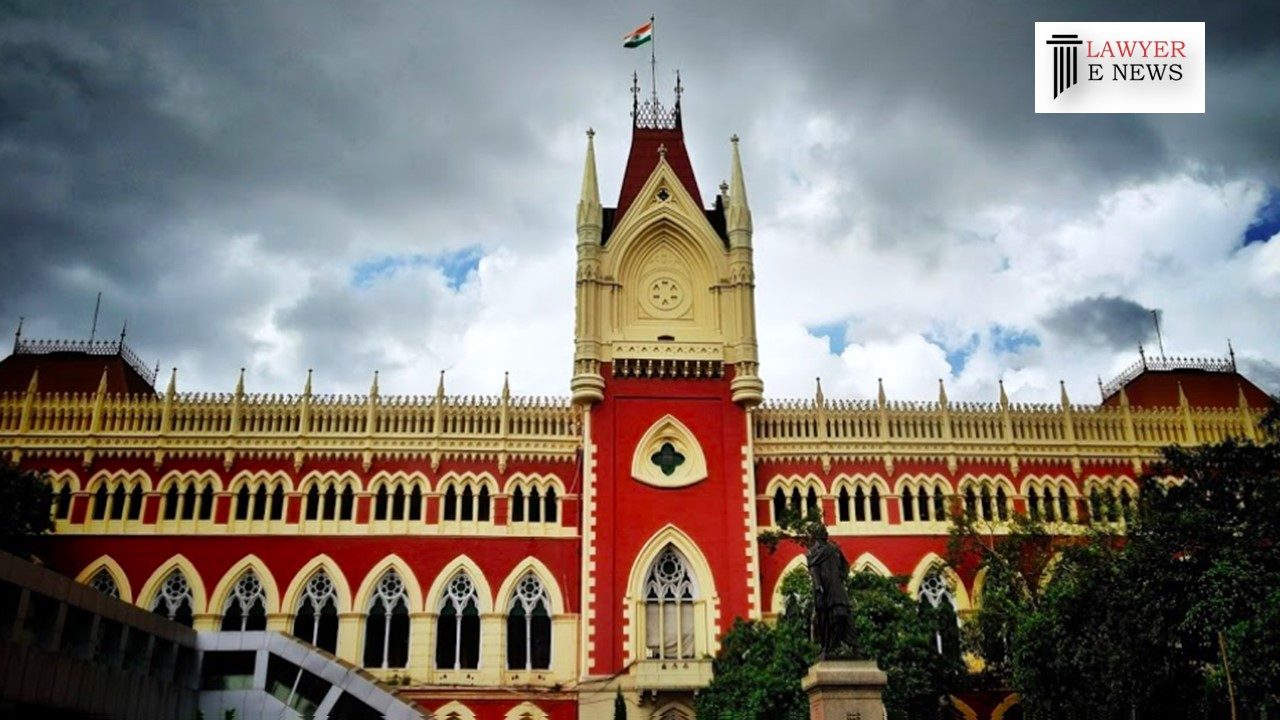-
by Admin
15 February 2026 5:35 AM



In a significant interim order addressing the spate of violence following the 2024 West Bengal state elections, the Calcutta High Court has mandated the continued deployment of Central Forces until June 21, 2024. The ruling, delivered by Justices Harish Tandon and Hiranmay Bhattacharyya, underscores the judiciary’s role in safeguarding democratic processes and citizen security amidst allegations of post-election violence and inaction by the State Police.
The High Court acknowledged the gravity of the petitioners’ claims regarding widespread violence and the perceived inaction of the State Police. It emphasized the need for continued Central Forces’ presence to maintain law and order, citing previous directives that facilitated electronic lodging of complaints due to fear of retaliation. “Judicial non-action may boomerang,” the court noted, referencing the necessity for immediate and proactive measures in such volatile situations.
Addressing the contentious issue of the petitioners’ political affiliations, the Court upheld their right to file Public Interest Litigations (PILs), provided the petitions serve public interest and not political vendettas. The judgment cited several Supreme Court precedents, including Sachidanand Pandey vs. State of West Bengal and Tehseen Poonawalla vs. Union of India, which support the involvement of politically affiliated individuals in PILs if the intent is genuinely public-oriented.
The necessity of retaining Central Forces post-elections was deemed crucial by the Court to ensure the protection and security of citizens. The Court directed the State to submit a comprehensive report by June 14, 2024, detailing actions taken on the lodged complaints of violence. “The Central Forces were deployed to ensure a fair and transparent election process, and their continued presence is essential to prevent further violence,” the bench remarked.
The judgment carefully navigated the constitutional provisions under the Seventh Schedule, highlighting the State’s primary duty to maintain law and order while recognizing the Central Government’s role under Entry 2A of List I. The Court maintained that this interim order was necessary to address the exigencies presented by the post-poll violence allegations, while leaving the broader constitutional question open for future deliberation.
Justice Harish Tandon, referencing an illustrious jurist, remarked, “Democracy digs its grave where passions, tensions, and violence upset the results of peaceful polls... The court and the law are functionally the bodyguards of the People against bumptious power.”
The Calcutta High Court’s interim order to retain Central Forces until June 21, 2024, highlights the judiciary’s proactive stance in addressing post-election violence and ensuring citizen safety. By affirming the lower courts’ findings and emphasizing the need for credible action on lodged complaints, this judgment reinforces the legal framework for maintaining law and order in democratic processes. The matter is set for further hearing on June 18, 2024, where the State’s report on its actions will be reviewed.
Date of Decision: 11th June 2024
Suvendu Adhikari and another vs. State of West Bengal and others
